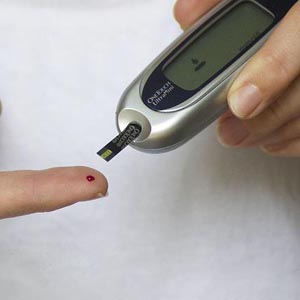Articles
Vol. 3 No. 2 (2022)
Diabetes and driving: Assessing knowledge of patient safety recommendations among medical doctors in Nigeria

Publisher's note
All claims expressed in this article are solely those of the authors and do not necessarily represent those of their affiliated organizations, or those of the publisher, the editors and the reviewers. Any product that may be evaluated in this article or claim that may be made by its manufacturer is not guaranteed or endorsed by the publisher.
All claims expressed in this article are solely those of the authors and do not necessarily represent those of their affiliated organizations, or those of the publisher, the editors and the reviewers. Any product that may be evaluated in this article or claim that may be made by its manufacturer is not guaranteed or endorsed by the publisher.
Received: 29 March 2022
Accepted: 3 July 2022
Accepted: 3 July 2022
973
Views
305
Downloads






